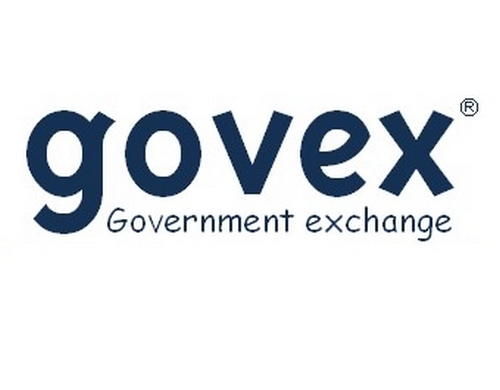 The purchase of goods and services and the ordering of works by a public authority such as a national government, a local authority or their dependent bodies, are public contracts. Opening up these contracts, which account for a large proportion of the GDP of the EU, has allowed an increase in competition between the enterprises of the European Union, reducing prices and guaranteeing better quality of services for citizens. Over the years, the EU has introduced legislative provisions which modernise and facilitate the award of contract process. It has increased transparency, fairness and interoperability in this respect through tools such as the TED (Tenders Electronic Daily) database, the single classification system (evidenced by the common vocabulary for the public contracts) and the System of Information on Public Procurement (SIMAP). It has also signed the multilateral Agreement on Government Procurement (AGP) and negotiated an international award procedure within the World Trade Organisation (WTO).
The purchase of goods and services and the ordering of works by a public authority such as a national government, a local authority or their dependent bodies, are public contracts. Opening up these contracts, which account for a large proportion of the GDP of the EU, has allowed an increase in competition between the enterprises of the European Union, reducing prices and guaranteeing better quality of services for citizens. Over the years, the EU has introduced legislative provisions which modernise and facilitate the award of contract process. It has increased transparency, fairness and interoperability in this respect through tools such as the TED (Tenders Electronic Daily) database, the single classification system (evidenced by the common vocabulary for the public contracts) and the System of Information on Public Procurement (SIMAP). It has also signed the multilateral Agreement on Government Procurement (AGP) and negotiated an international award procedure within the World Trade Organisation (WTO).
Areas of public procurement
- Common procurement vocabulary
- Public works contracts, public supply contracts and public service contracts
- Public procurement in the water, energy, transport and postal services sectors
Defence procurement
- Defence procurement
- Defence procurement exemptions
Reviews in the area of public procurement
- Review procedures: supply, works and service contracts
- Remedies mechanisms: water, energy, transport and postal services sectors
Dematerialisation of public procurement markets
- eGovernment
Public private partnerships
- Rules applicable to Institutionalised Public-Private Partnerships (IPPP)
- Green Paper on public-private partnerships
- Concessions under Community law

